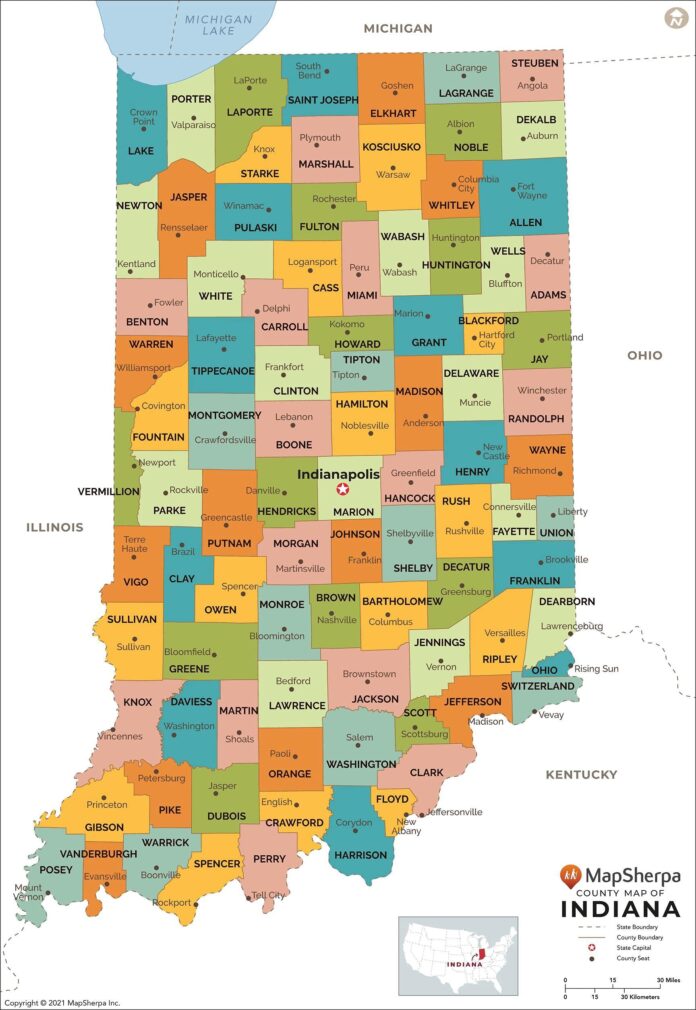As the landscape of cannabis legislation continues to evolve across the United States, many enthusiasts and everyday citizens find themselves grappling with intricate questions about legality and regulation. One such inquiry that has surfaced in Indiana is the status of THCA,or tetrahydrocannabinolic acid-a compound that exists in raw cannabis and has gained attention for its potential therapeutic benefits. With the state’s more conservative approach to cannabis compared to its progressive neighbors, understanding whether THCA falls under the umbrella of legality can be a complex endeavor. In this article, we’ll delve into the nuances of Indiana’s cannabis laws, shedding light on the current state of THCA and its implications for residents and consumers alike. Join us as we navigate this evolving conversation in the Hoosier State, exploring the intersection of science, legality, and the ongoing quest for clearer cannabis regulations.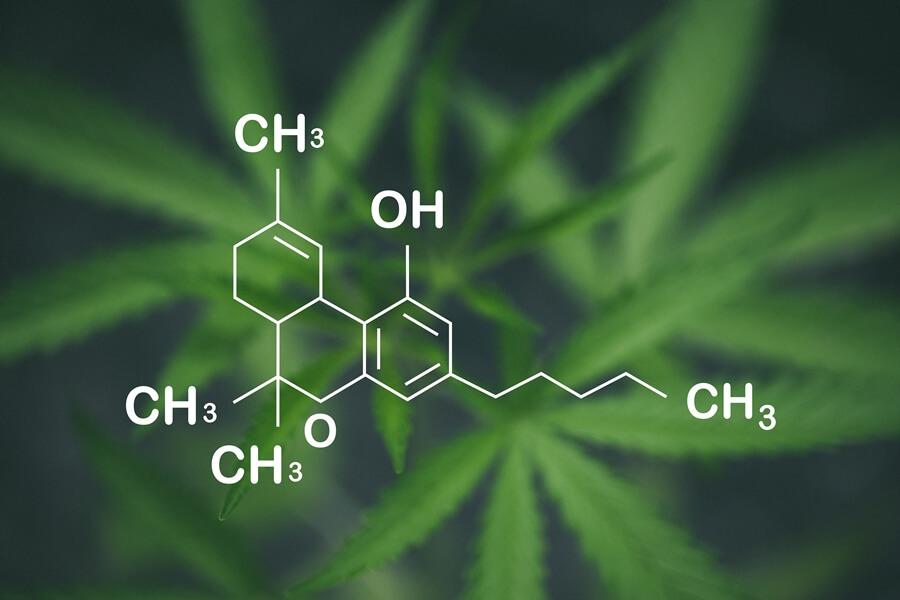
Understanding THCA: What It is and How It Differs from THC
Understanding THCA: Tetrahydrocannabinolic acid (THCA) is a non-psychoactive compound found in raw cannabis plants. unlike its more famous relative, THC (tetrahydrocannabinol), THCA does not produce the euphoric effects commonly associated with marijuana. When cannabis is heated or decarboxylated, THCA converts into THC, which is when it becomes psychoactive. This process is essential for users seeking the heightened effects of cannabis for recreational or medicinal purposes.
While both compounds originate from the cannabis plant, their effects and benefits diverge significantly. Here are key distinctions between THCA and THC:
- Psychoactivity: THCA is non-intoxicating, while THC can produce a high.
- Consumption Methods: THCA is typically consumed in raw forms, like juicing or tinctures, whereas THC is usually smoked, vaped, or ingested.
- Health Benefits: Some studies suggest THCA may offer anti-inflammatory and neuroprotective properties without the mind-altering effects of THC.
In states like Indiana, where cannabis laws are still evolving, the legality of THCA poses questions for consumers and advocates alike.THCA, being non-psychoactive, could potentially navigate through legal restrictions differently than THC. Despite this, the lack of overarching regulatory clarity means individuals interested in using THCA should stay informed about local laws and potential legal implications. Below is a concise comparison of cannabis components that may help clarify these aspects:
| Compound | Psychoactive | Common uses |
|---|---|---|
| THCA | No | Raw juicing, choice medicine |
| THC | Yes | Recreational use, pain relief, nausea treatment |
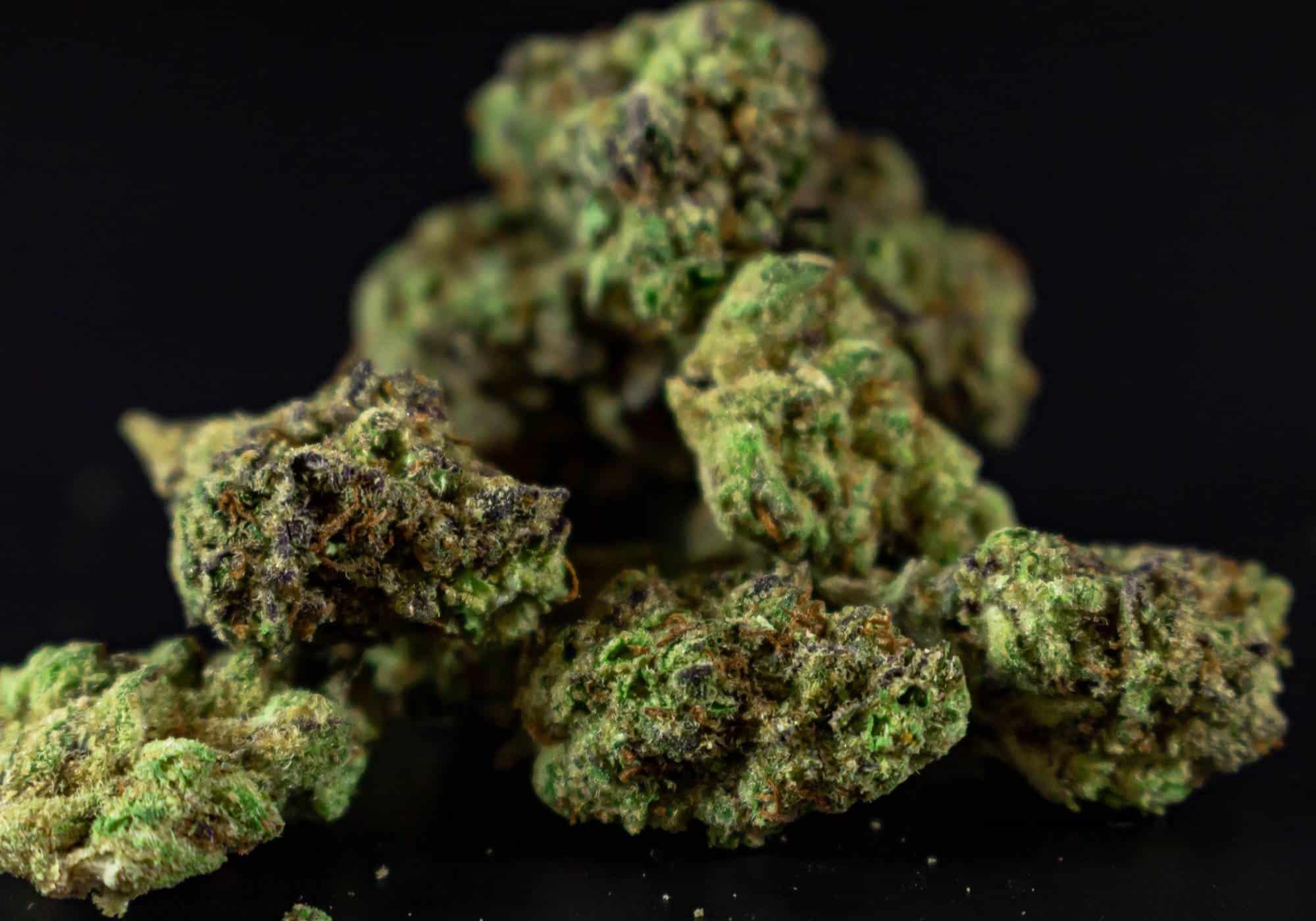
The Legal Landscape: THCA and Indiana’s Cannabis Laws
As the landscape of cannabis legislation continually evolves across the United States, Indiana remains a state caught between ancient laws and emerging trends. Tetrahydrocannabinolic acid (THCA),a non-psychoactive cannabinoid found in raw cannabis,has garnered attention due to its potential therapeutic benefits. Unlike THC, which induces a high, THCA is viewed by some as a harmless alternative. Though, its legal status in Indiana raises several critically important questions.
According to Indiana Code, the definition of marijuana includes all parts of the cannabis plant, including the raw, unprocessed form. In this very way,the legality of possessing or using THCA in its natural state is murky. Here are some key points regarding Indiana’s cannabis laws:
- Non-psychoactive properties: THCA does not produce the psychoactive effects associated with THC.
- Legal ambiguity: The current statutes primarily address THC, leading to confusion surrounding THCA’s status.
- Potential for future legislation: Ongoing discussions may led to a reevaluation of THCA and its legal standing.
In recent years, the state has made strides in legalizing hemp and CBD products derived from it, which further complicates the situation. The federal government categorizes hemp,including products containing less than 0.3% THC, as legal. This has fostered an environment where many consumers are exploring the benefits of cannabinoids like THCA, though Indiana’s strict regulatory framework could hinder this growth. Below is a comparison showing how THCA and THC differ in their current legal context:
| Feature | THCA | THC |
|---|---|---|
| Psychoactivity | No | Yes |
| Legality in Indiana | Unclear | Illegal |
| Potential Health Benefits | yes | Limited |

Navigating the Gray Area: Legal Implications of THCA Use
The landscape of cannabinoid legality in Indiana is complex, particularly concerning THCA (tetrahydrocannabinolic acid). even though THCA is a non-psychoactive compound found in raw cannabis, it occupies a gray area legally. The state’s stance on cannabis-related substances has left many consumers uncertain. While it is indeed derived from hemp, which is federally legal under the 2018 Farm Bill, the legal status of THCA remains murky, with authorities frequently enough treating it with caution.
Several factors contribute to the ambiguity surrounding THCA’s legality in Indiana:
- Source of THCA: If sourced from hemp,many argue it falls under the legal protections of the Farm Bill.
- Processing and Conversion: Legislative definitions often distinguish between raw and processed cannabis, complicating regulatory interpretations.
- Local Law Variability: Local jurisdictions may have differing interpretations, leading to inconsistent enforcement across the state.
As the legal framework evolves,it is indeed essential to keep an eye on potential legislative changes. Currently,authorities frequently enough focus on enforcement against products that have psychoactive properties,making THCA,which does not produce a ‘high,’ less of a concern. However, it is advisable for consumers to remain informed about any updates. Below is a brief overview of THCA’s potential legal challenges:
| Legal Aspect | Status |
|---|---|
| Derived from Hemp | Likely Legal |
| Psychoactive Conversion | Potentially Illegal |
| Local Enforcement | Varies by Jurisdiction |
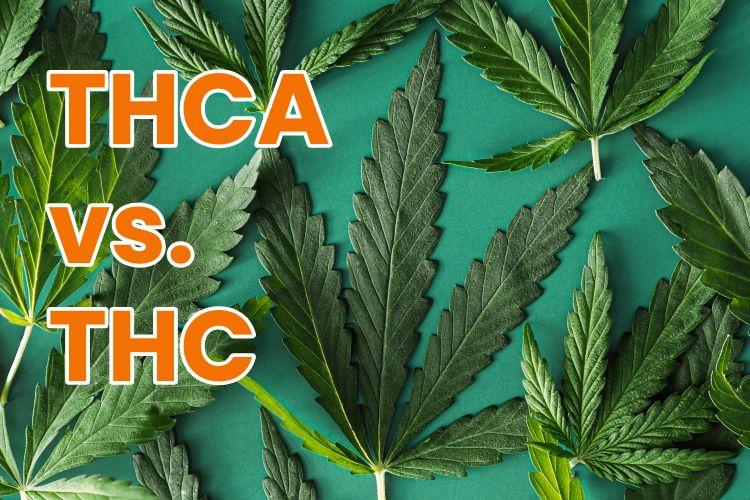
Impacts on Consumers: What Hoosiers Need to Know about THCA
As THCA (Tetrahydrocannabinolic Acid) gains traction in various states, Hoosiers are left contemplating its implications for both the market and their personal well-being. Understanding the law surrounding THCA is crucial, given its non-intoxicating nature and its potential health benefits. However, consumers should navigate these waters with caution, as regulations can be murky and penalties severe in the event of misinterpretation.
For those looking to explore THCA products, it’s essential to be informed about what distinguishes this compound from its psychoactive counterpart, THC. Here are some key points to consider:
- Non-Psychoactive: THCA does not produce the high associated with THC, making it appealing to consumers seeking therapeutic effects without intoxication.
- Legality: Current Indiana regulations may not clearly define THCA’s legal status, leading to confusion among buyers and sellers alike.
- Potential Benefits: Preliminary research suggests that THCA might offer anti-inflammatory and neuroprotective properties,appealing to those prioritizing wellness.
As you consider purchasing THCA products, awareness of local dispensaries and product sourcing becomes paramount. The marketplace is evolving, and even though some vendors may claim legitimacy, always ensure you are buying from reputable sources. Below is a simple breakdown of product types commonly available:
| product Type | Description | Considerations |
|---|---|---|
| THCA Flower | Raw cannabis rich in THCA. | Check for lab testing. |
| THCA Edibles | Infused snacks and treats. | Watch dosage carefully. |
| Concentrates | High potency THCA products. | Use responsibly; start low. |
Practical Recommendations: Safely Accessing THCA in Indiana
Navigating the legal landscape of THCA in Indiana requires diligence and a thorough understanding of the current regulations. To safely access THCA products, consumers must first ensure that their suppliers comply with state and federal laws. Seek out vendors who provide third-party lab testing results, which certify the product’s cannabinoid composition and confirm it contains less than 0.3% THC. This ensures you’re purchasing compliant products that won’t inadvertently lead to legal issues.
Additionally, it’s wise to embrace knowlege about local dispensaries and market offerings. here are a few tips to consider:
- Stay updated on any legislative changes concerning hemp-derived cannabinoids.
- Join local cannabis community groups to share experiences and recommendations.
- Look for educational resources that inform you about safe usage and dosing.
Lastly, if you choose to cultivate THCA-rich plants at home, Indiana law typically permits the growth of hemp for personal use. however,understanding local zoning laws and acquiring necessary permits is crucial. Below is a simple table to highlight some essential considerations you should keep in mind:
| Consideration | Description |
|---|---|
| Compliance | Ensure products are lab-tested and meet THC limits. |
| Local laws | Familiarize yourself with local hemp cultivation regulations. |
| Community Support | Engage with local groups for knowledge and resources. |
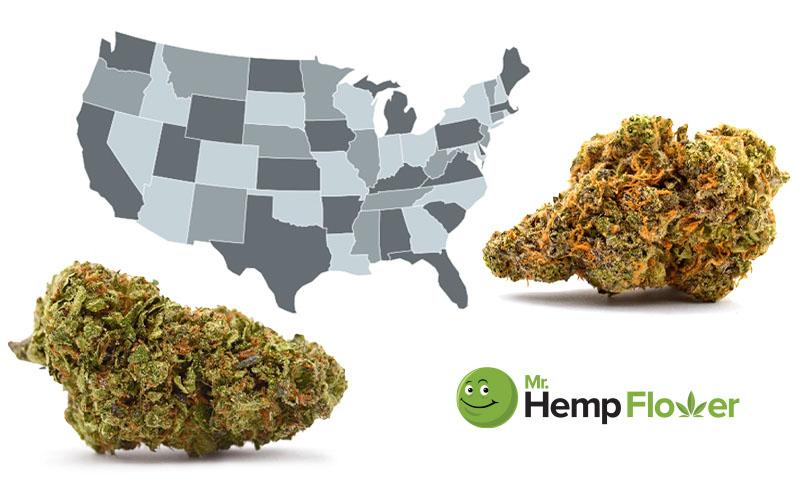
Future Outlook: Potential Changes to THCA Legislation in Indiana
As public perception of cannabis products like THCA continues to evolve, Indiana’s legislative landscape may also shift in response to changing attitudes and pressures from various stakeholders. Lawmakers are increasingly aware of the potential economic benefits that a more lenient stance on cannabis could bring.Among these are job creation in the emerging hemp and cannabis sectors, increased tax revenue from regulated sales, and the potential for Indiana to position itself as a leader in hemp production.
In exploring potential legislative changes, several factors could influence decision-makers:
- Public Opinion: Surveys and polls indicate that a growing number of Hoosiers support cannabis legalization, which could compel legislators to take action.
- Economic Incentives: The potential for tax revenue and job growth may encourage bipartisan support for reevaluating current cannabis laws.
- Health and Wellness Trends: As more individuals turn to alternative therapies, lawmakers might consider the medical benefits associated with THCA and other cannabinoids.
Stakeholders,including local advocacy groups and businesses,are begining to mobilize efforts to push for legislative reform.They may propose new guidelines that outline the responsible use and sale of THCA products, impacting potential regulatory frameworks. To illustrate the current and proposed landscape, the table below summarizes key aspects of existing and potential legislation:
| Aspect | Current Legislation | Proposed Changes |
|---|---|---|
| THCA Classification | Considered illegal under existing laws | Legalize under specific regulations |
| Market Potential | Limited to medical marijuana with strict controls | expanded to include THCA products, subject to taxation |
| Public Access | Restricted | Permitted with age restrictions and educational resources |
Insights and Conclusions
the landscape of cannabis legislation is constantly evolving, and the status of THCA in Indiana serves as a prime example of this dynamic regulatory environment. As lawmakers and advocacy groups continue to navigate the complexities of cannabis laws, it’s crucial for both consumers and producers to stay informed. Whether you’re a curious citizen, a potential business owner, or simply someone interested in the implications of these legal nuances, understanding the legality of THCA may open doors to new opportunities or cautionary tales.As Indiana continues to grapple with these issues, the conversation around cannabis will undoubtedly unfold, highlighting the importance of awareness and advocacy in a rapidly changing world. Stay tuned and engaged-your voice matters in shaping the future of cannabis legislation in the Hoosier state.


